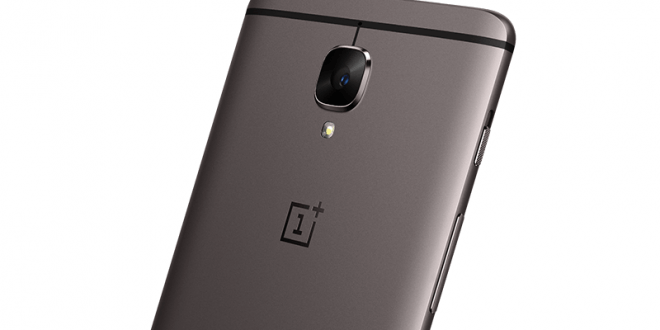

- #Oneplus benchmarks geekbench over cheating allegations how to#
- #Oneplus benchmarks geekbench over cheating allegations professional#
- #Oneplus benchmarks geekbench over cheating allegations tv#
However, Samsung's TV currently can recognize the standard test window of 10%. The reason for using a 10% window is that within the range of 10% of the TV, the maximum peak brightness of a TV can basically be obtained (of course, it can be tested with a smaller window), in such a range that only accounts for 10% of the TV, which will test data such as brightness and color, which is also a standard item in the current TV test process.
#Oneplus benchmarks geekbench over cheating allegations professional#
Anyone who knows it knows that when general professional organizations and media test the brightness and color of a TV, they are used to testing with a 10% window, so that the peak brightness and image performance of a TV can be obtained.

Specifically, Samsung has played its hands and feet in the basic test of the TV widget. Its two flagship products were revealed to cheat in TV benchmark tests. Recently, Samsung, the world's largest TV manufacturer, broke out in a scandal. It's not uncommon for us to see this kind of thing, but to say that the TV is also cheating in the test is relatively new and strange. For example, in the 3DMark test that year, NVIDIA quietly reduced the rendering accuracy to obtain better results. Simply get in touch with us via of FrAndroid.We all know that for products such as mobile phones, graphics cards, and processors, some manufacturers usually take some cheating measures in order to obtain better results.
#Oneplus benchmarks geekbench over cheating allegations how to#
Note: If you're a professional blogger or product reviewer, we'd be happy to set you up with a free install of GameBench Premium and give you a quick tutorial on how to use it to quickly assess the real-world performance of review devices. In the words of FrAndroid (translated from French): And second, although GameBench obviously hasn’t solved the problem of benchmark cheating, at least our tool is now being used by blogs such as FrAndroid, PhoneArena, Gizmodo and others, to help spot cases where cheating is happening and to show what true, real-world performance looks like. If this is true, and even if you take a generous view, such a boost mode could have no conceivable benefit to the consumer.īut there’s some good news in all of this: Firstly, it’s clear that the mobile blogging community remains as vigilant as ever, providing a trustworthy layer between manufacturers and consumers. Meizu looks to be in a slightly worse position than OnePlus, not only because it has failed to issue a constructive statement like OnePlus did, but also because its boost mode is reportedly designed only for benchmarks and never for real workloads. If true, this could provide some benefit to the consumer - although FrAndroid has tested some high-intensity games (such as Pokémon Go and Asphalt 8) and found no evidence of boost mode being triggered. The manufacturer also insists that its boost mode has a genuine function, since it can be triggered by computationally intenstive games and apps in addition to just benchmarks. In its defence, OnePlus says it will stop doing this in future builds of its OxygenOS. OnePlus has responded quickly to the allegations, admitting that its latest phone - the OnePlus 3T - has been programmed to recognise the launch of benchmarking apps like AnTuTu and GeekBench and then boost its processor clock speeds. However, according to the popular sites XDA and FrAndroid, benchmark cheating has now resurfaced - this time among the Chinese smartphone manufacturers OnePlus and Meizu, who are accused of trying to mislead potential customers through artificially inflated performance scores. We here at GameBench had certainly hoped so - after all, we originally built GameBench in order to help the mobile industry progress beyond this sort of behaviour, by allowing bloggers and enthusiasts to test real games and apps in order to provide a meaningful, uncheatable measurement of performance. So much time has passed since the last big benchmark cheating scandal in 2013 that you’d be forgiven for thinking that the issue had gone away.


 0 kommentar(er)
0 kommentar(er)
